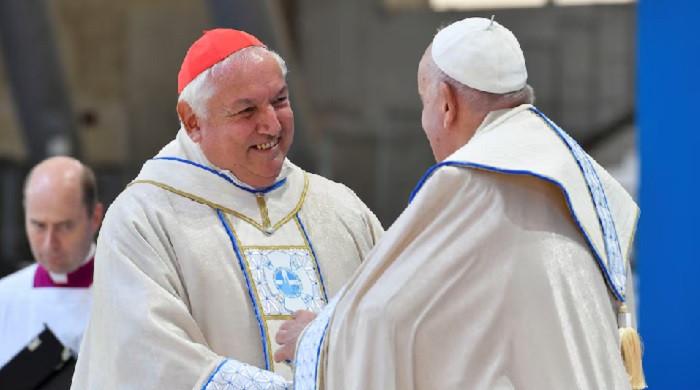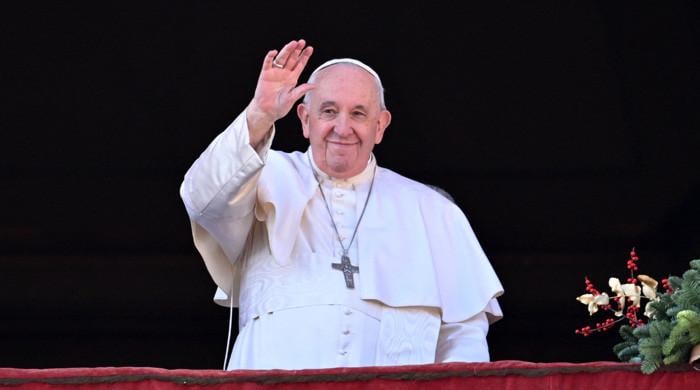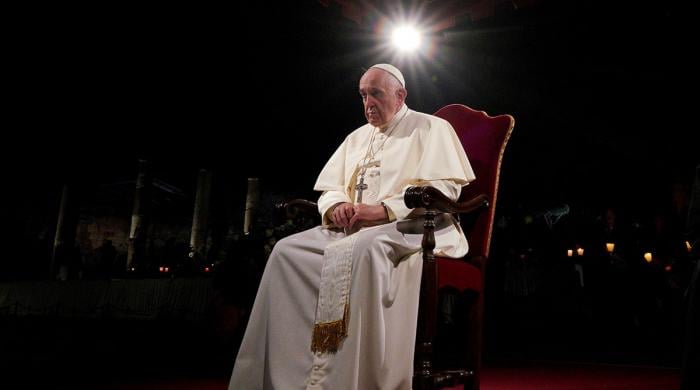Trump says Taiwan should pay US for defence
Republican candidate's statement comes ahead of presidential elections as US is legally bound to defend Taiwan
July 17, 2024

TAIPEI: Taiwan should pay the US for its defence as it does not give the country anything, Republican presidential candidate Donald Trump told Bloomberg Businessweek, sending shares of Taiwanese chip manufacturer TSMC lower on Wednesday.
"I know the people very well, respect them greatly. They did take about 100% of our chip business. I think, Taiwan should pay us for defence," Trump said in interview on June 25 that was published on Tuesday.
"You know, we're no different than an insurance company. Taiwan doesn't give us anything," he added.
The United States is Taiwan's most important international supporter and arms supplier, but they have no formal defence agreement, unlike what Washington has with South Korea and Japan. The US is, however, bound by law to provide Taiwan with the means to defend itself.
Taiwan's government has made defence modernisation a priority, including developing its own submarines, and has said many times the island's security rests in its own hands.
Taiwan Premier Cho Jung-tai, responding to Trump's comments, said Taiwan and the US have good relations despite the lack of formal ties, and is dedicated to bolstering its own defences.
"Taiwan has steadily strengthened its defence budget and demonstrated its responsibility to the international community," he told reporters in Taipei.
"We are willing to take on more responsibility; we are defending ourselves and ensuring our security."
Taiwan's foreign ministry declined to comment on Trump's remarks.
Taiwan, which China views as its own territory, has complained of repeated Chinese military activity over the past four years as Beijing seeks to pressure the democratically governed island which rejects China's sovereignty claims.
US President Joe Biden has upset the Chinese government with comments that appeared to suggest the US would defend Taiwan if it were attacked, a deviation from a long-held US position of "strategic ambiguity".
Washington and Taipei have had no official diplomatic or military relationship since 1979, when the US switched recognition to Beijing and terminated a mutual defence treaty.
TSMC is the dominant maker of advanced chips used in everything from AI applications to smartphones and fighter jets, and analysts believe any conflict over Taiwan would decimate the world economy.
There was no immediate reaction from TSMC which is currently in its quiet period ahead of its second quarter earnings report on Thursday.











